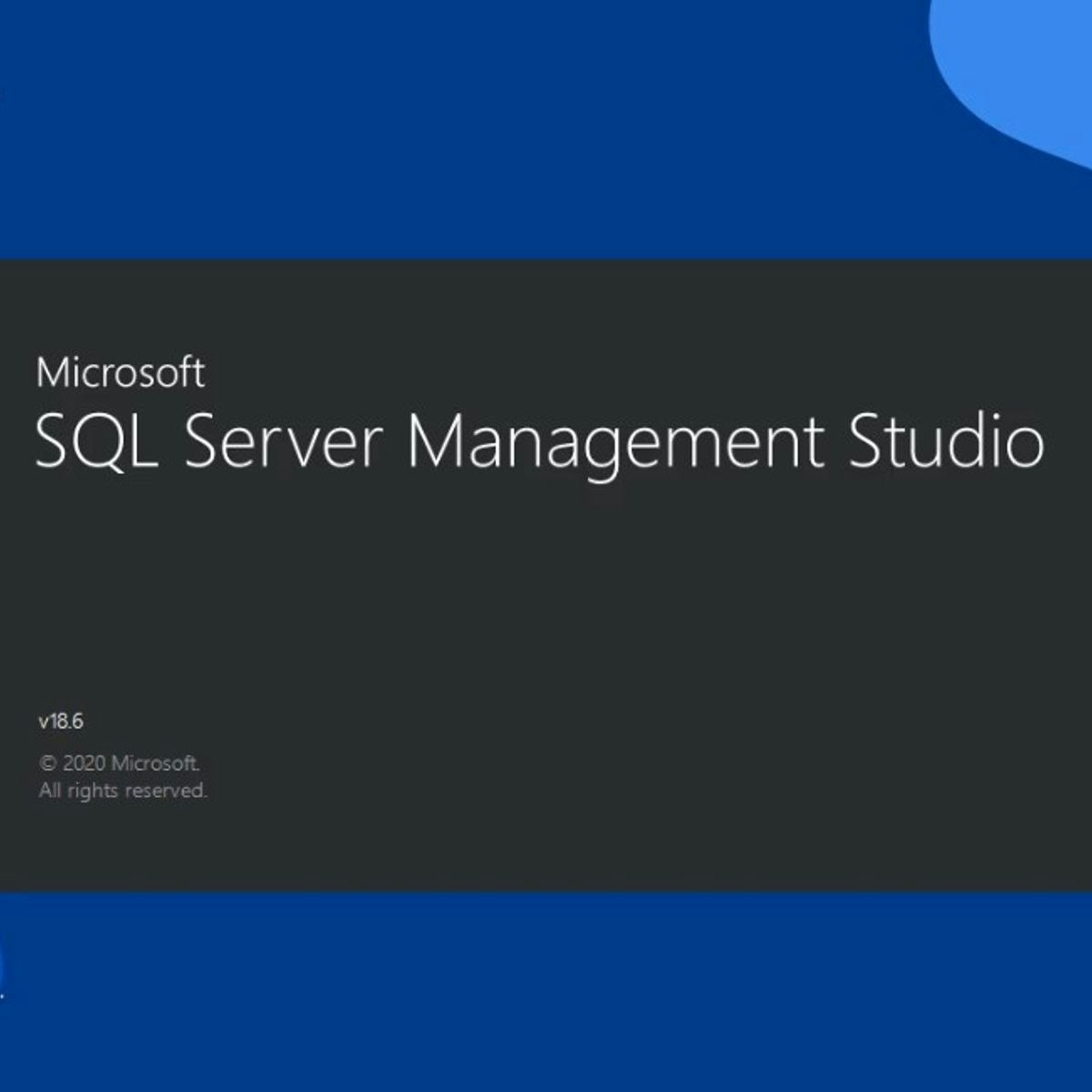
En este curso basado en un proyecto y de 1 hora de duración, aprenderás a trabajar con SQL desde la base, aprenderás qué es una base de datos, cómo extraer y visualizar información de distintas tablas, unir distintas tablas y también trabajar con la información que obtenemos. Es un curso básico, por lo cual no necesitas tener conocimientos previos en SQL. Te mostraré los conceptos básicos hasta que puedas crear una consulta que traiga toda la información de distintas tablas mostrando sólo lo requerido.
What's inside
Syllabus
Good to know
Save this course
Reviews summary
Sql basics for absolute beginners
Activities
Review fundamental SQL concepts
Show steps
Review the basics of SQL, including data types, tables, and queries, to strengthen your foundation before starting the course.
Show steps
-
Read introductory articles or tutorials on SQL.
-
Complete interactive SQL exercises or online quizzes.
Solve SQL practice problems
Show steps
Practice writing and executing SQL queries to reinforce your understanding of data retrieval and manipulation.
Browse courses on
SQL Queries
Show steps
-
Find online SQL practice platforms or resources.
-
Solve a variety of SQL problems, ranging from basic to advanced.
Create a SQL cheat sheet or reference guide
Show steps
Compile a comprehensive cheat sheet or reference guide that summarizes key SQL concepts and syntax, serving as a valuable resource throughout the course.
Browse courses on
SQL Syntax
Show steps
-
Gather materials from course lectures, textbooks, and online resources.
-
Organize and categorize the information into a logical format.
-
Create a visually appealing and easy-to-navigate cheat sheet or guide.
One other activity
Expand to see all activities and additional details
Show all four activities
Explore advanced SQL tutorials
Show steps
Delve deeper into SQL by following guided tutorials that cover advanced concepts, performance optimization, and best practices, enhancing your proficiency.
Show steps
-
Identify reputable online tutorials or courses on advanced SQL topics.
-
Follow the tutorials step-by-step, practicing and implementing the concepts.
-
Experiment with different SQL techniques and compare their performance.
Review fundamental SQL concepts
Show steps
Review the basics of SQL, including data types, tables, and queries, to strengthen your foundation before starting the course.
Show steps
- Read introductory articles or tutorials on SQL.
- Complete interactive SQL exercises or online quizzes.
Solve SQL practice problems
Show steps
Practice writing and executing SQL queries to reinforce your understanding of data retrieval and manipulation.
Browse courses on
SQL Queries
Show steps
- Find online SQL practice platforms or resources.
- Solve a variety of SQL problems, ranging from basic to advanced.
Create a SQL cheat sheet or reference guide
Show steps
Compile a comprehensive cheat sheet or reference guide that summarizes key SQL concepts and syntax, serving as a valuable resource throughout the course.
Browse courses on
SQL Syntax
Show steps
- Gather materials from course lectures, textbooks, and online resources.
- Organize and categorize the information into a logical format.
- Create a visually appealing and easy-to-navigate cheat sheet or guide.
Explore advanced SQL tutorials
Show steps
Delve deeper into SQL by following guided tutorials that cover advanced concepts, performance optimization, and best practices, enhancing your proficiency.
Show steps
- Identify reputable online tutorials or courses on advanced SQL topics.
- Follow the tutorials step-by-step, practicing and implementing the concepts.
- Experiment with different SQL techniques and compare their performance.
Career center
Data Analyst
Business Analyst
Database Administrator
Software Engineer
Data Scientist
Information Security Analyst
Systems Analyst
Web Developer
Financial Analyst
Market Research Analyst
Operations Research Analyst
Quantitative Analyst
Statistician
Actuary
Risk Manager
Reading list
Share
Similar courses
OpenCourser helps millions of learners each year. People visit us to learn workspace skills, ace their exams, and nurture their curiosity.
Our extensive catalog contains over 50,000 courses and twice as many books. Browse by search, by topic, or even by career interests. We'll match you to the right resources quickly.
Find this site helpful? Tell a friend about us.
We're supported by our community of learners. When you purchase or subscribe to courses and programs or purchase books, we may earn a commission from our partners.
Your purchases help us maintain our catalog and keep our servers humming without ads.
Thank you for supporting OpenCourser.



